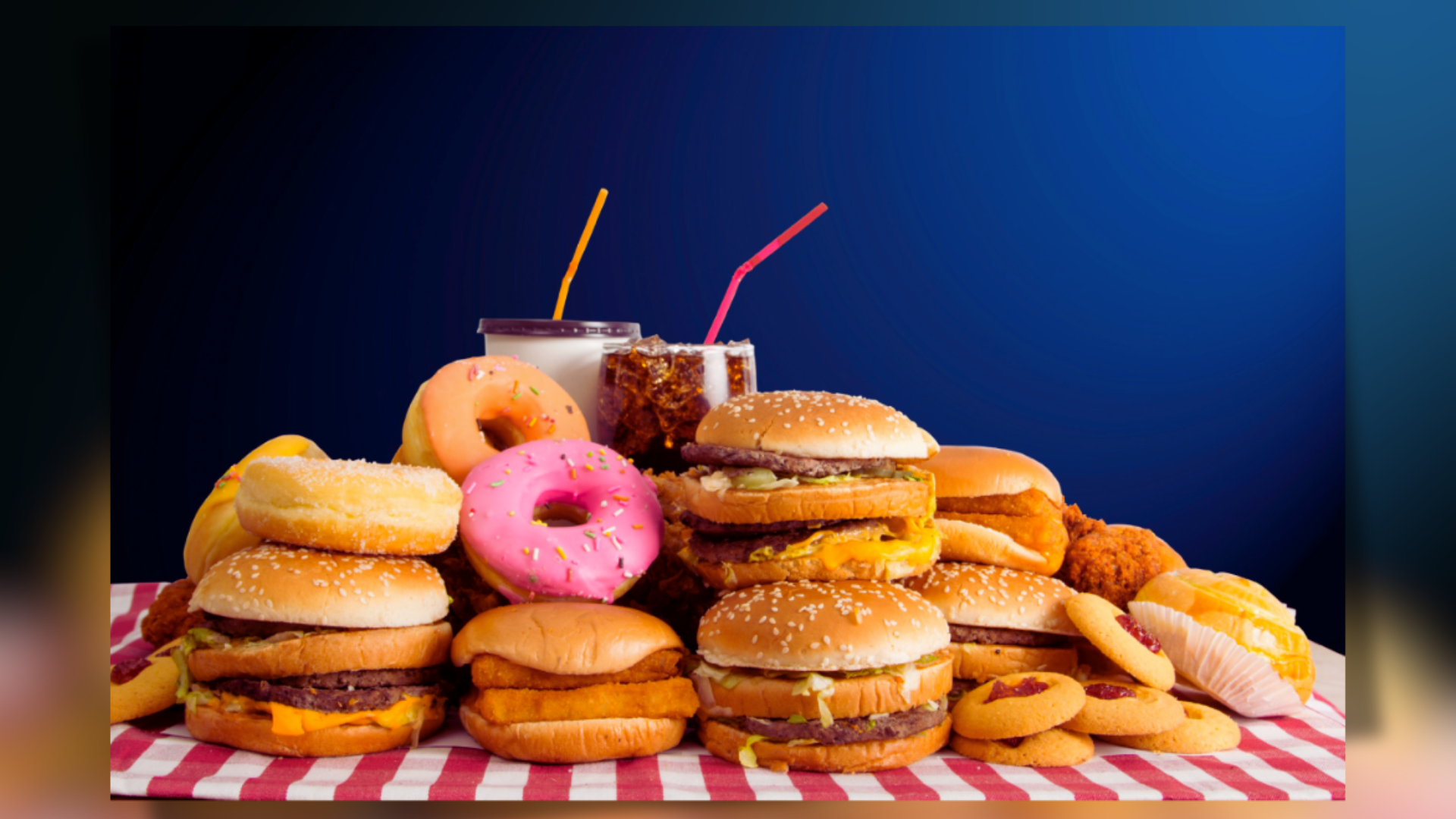










Halitosis, commonly known as bad breath, stems primarily from bacterial activity in the mouth, breaking down food particles and emitting unpleasant odors. Poor oral hygiene, characterized by irregular brushing and flossing, fosters bacterial growth. Dry mouth, often induced by medications or decreased saliva production, exacerbates the condition. Certain foods like garlic and onions also contribute to halitosis. Underlying health issues such as gum disease, respiratory infections, or digestive problems can further compound the problem.
In social settings, bad breath can be embarrassing and adversely impact interactions. To address this issue, a reassessment of oral habits and dietary adjustments can be beneficial.
Maintaining proper hydration by drinking water regularly aids in washing away bacteria and food remnants, promoting saliva production that naturally cleanses the mouth. Limiting the consumption of foods like garlic, onions, and spicy dishes, especially before social engagements, can help mitigate bad breath. Including crunchy, high-fiber fruits and vegetables like apples, carrots, and celery can naturally clean teeth by removing plaque and stimulating saliva production.
Yogurt, rich in vitamin D, helps reduce hydrogen sulfide levels in the mouth, thereby combating halitosis. Similarly, citrus-rich fruits such as berries and lemons contribute to fresher breath. Consuming carbohydrates and protein can dislodge food particles stuck between teeth, while incorporating parsley into the diet or chewing it can inhibit microbial growth in the mouth.
Maintaining proper hydration is crucial, as water helps eliminate odor-causing bacteria and food particles while preventing dry mouth—a common source of bad breath. Additionally, consuming cucumbers, bananas, green tea, ginger, turmeric, pears, apples, and celery stimulates saliva production, aiding in cleansing the mouth. Rinsing with water after consuming solid foods or liquids helps minimize halitosis, and sugar-free chewing gums can also alleviate bad breath.
In addition to dietary adjustments, maintaining consistent dental hygiene practices such as regular brushing, flossing, and using a tongue scraper can effectively remove food particles and plaque that contribute to bad breath. It’s essential to be mindful of strong-smelling foods like onions and garlic, as they can leave a lasting impact on breath odor, particularly in situations where fresh breath is important for social or professional interactions.









